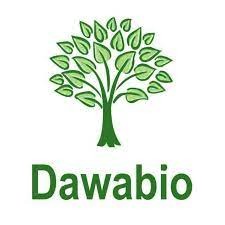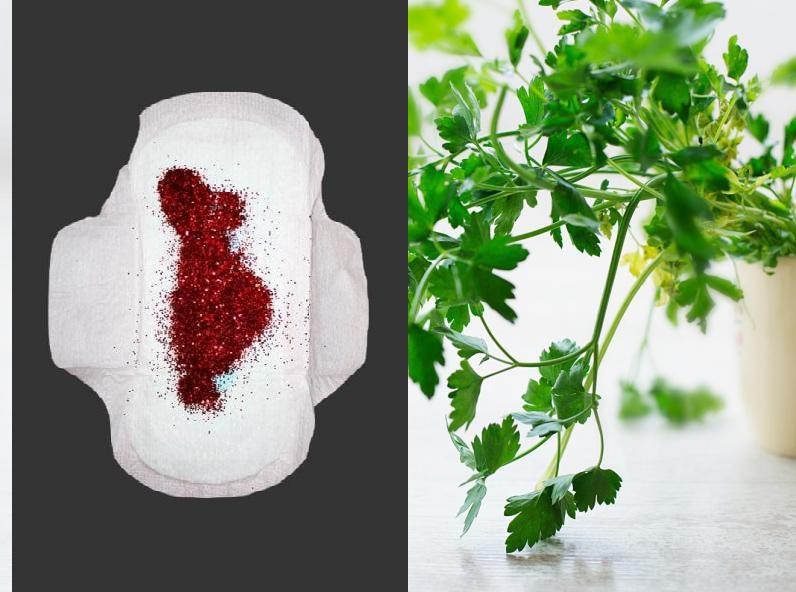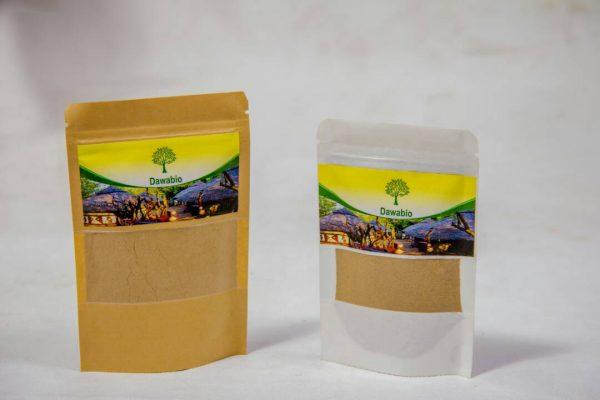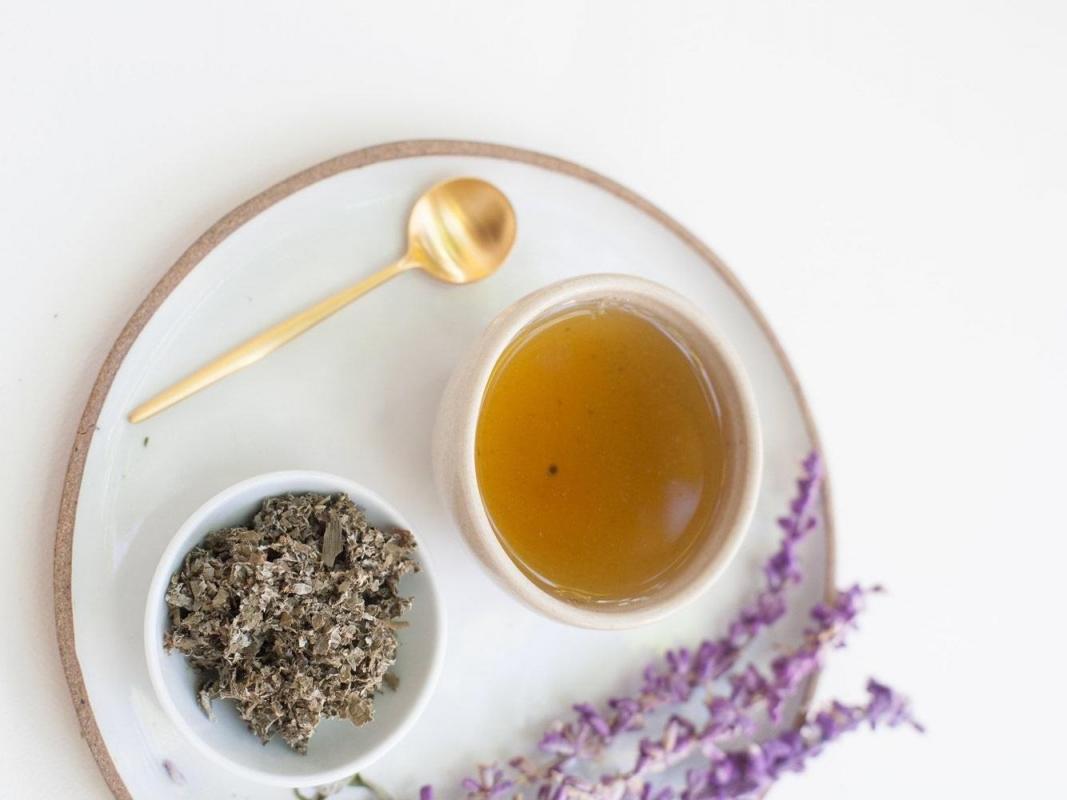What is amenorrhea and how to treat it
Amenorrhea is the absence of menstruation, which can be primary, when menstruation is not enough for adolescents aged 14 to 16, or secondary, when periods stop coming, in women who have already had their period before.
Amenorrhea can occur for several causes, some natural, such as pregnancy, breastfeeding or continued use of contraceptives, or for certain diseases, abnormalities of the female reproductive system, changes in ovarian hormones, and even be caused by stress, disturbed eating habits or excessive physical exercise.
Natural product to induce menstruation
The natural treatment to regain menstruation that we offer is entirely composed of natural herbal teas. It aims to restore your cycle and allow you to have a regular cycle. It has very suitable sedative properties when amenorrhea is linked to stress, and a strong anti-inflammatory power which can also be useful depending on the cause of the problem, it also improves blood flow to the uterus, relax and dilate it. Thus, the exit of the rules is facilitated.
This natural remedy is made entirely from plants.
To find out about our treatment for menstruation, CLICK HERE
We deliver all over the world.
For more information, you can contact our experts on +229 51374202 direct line or by WhatsApp at the same number.
Types of amenorrhea
The absence of menstruation can occur for several reasons, classified into 2 types:
- Primary amenorrhea : this is when the menstruation of girls aged 14-16 does not appear, as expected by the period of development of the body. In these cases, the gynecologist will perform the clinical examination and order blood and ultrasound tests, to determine if there are anatomical changes in the reproductive system or hormonal changes, such as estrogen, progesterone, prolactin, TSH , FSH and LH.
- Secondary amenorrhea : Occurs when menstruation stops for some reason, in women who have had a previous period, for 3 months, when menstruation was regular, or for 6 months, when periods were irregular. The survey is also carried out by the gynecologist, along with a clinical gynecological examination, hormonal measurements, in addition to transvaginal or pelvic ultrasound.
It is important to get tested for pregnancy whenever there is amenorrhea, as it is possible to get pregnant even if you have an irregular menstrual cycle or be absent for a long time.
The main reasons for amenorrhea

The main causes of amenorrhea are pregnancy, breastfeeding and menopause, which are natural causes in the body, in periods when variations in the levels of the hormones progesterone and estrogen are frequent.
However, other causes of amenorrhea are caused by illness, medications, or habits, such as:
-
Hormonal imbalance
- Hormonal changes, such as excess prolactin, testosterone, hyper or hypothyroidism ;
- Brain changes, such as deregulation or pituitary tumor;
- Early menopause .
-
Reproductive system changes
- Absence of uterus or ovaries;
- Changes in the structure of the vagina;
- Imperforate hymen, when menstruation has nowhere to go;
- Uterine scars or Asherman's syndrome ;
-
Ovulation inhibited by lifestyle habits
- Eating disorders, such as anorexia ;
- Excessive physical activity, common in athletes;
- Very rapid weight loss;
- Obesity;
- Depression, anxiety.
-
Medicines
- Contraceptives for continuous use;
- antidepressants, such as amitriptyline, fluoxetine;
- anticonvulsants, such as phenytoin;
- Antipsychotics, such as haldol, risperidone;
- antihistamines, such as ranitidine, cimetidine;
- Chemotherapy.
Natural methods to induce menstruation
You can induce menstruation naturally with herbs: Emmenagogues herbs are plants that are used specifically for this.
Marshmallow officinalis

This herb contains up to 4% betaine, a phytoestrogen and an emmenagogic agent, also found in beets, carrots, chicory, oats, oranges and yarrow. You can make marshmallow and yarrow tea, or betaine-rich stews, with steamed carrots and beets, or other options.
Sacred Vitex, or tree of Abraham
Amenorrhea is usually associated with high blood levels of the hormone prolactin, and drugs that lower it usually normalize periods. Vitex works the same way. The standard daily dose is 20 mg of fruit tincture. In Germany, femisana is produced - a tincture of the vitex fruit mixed with celandine, black cohosh, and common lumbago.
Wild carrots

For a long time, the seeds of wild carrots have been used as a contraceptive and as a remedy for amenorrhea. These seeds prevent the implantation of embryos.
Fragrant celery

The seeds contain butylidenephthalide, a substance that stimulates menstrual bleeding.
Dill

It is a source of apiol, an emmenagogic agent so powerful that most serious herbalists do not recommend dill during pregnancy. If you want to stimulate menstruation, prepare 2 tbsp. crushed seeds.
Other herbs

There are many widely available herbs that help treat amenorrhea. You can just throw a pinch of the herbs from the following list into a cup, pour boiling water for 15 minutes - and the medicine is ready. So: marigold, initial, angelica, oregano, ylang-ylang, ginger, hyssop, coriander (leaves and fruits), catnip, kupyr, lavender, lovage, marjoram, ragweed, lemon balm, juniper, wild mint, parsley, motherwort, rosemary, thyme, cumin, yarrow, fennel, saffron, tarragon. In addition, traditional medicine also considers fruits and roots that contain protein degradation enzymes (proteolytics) as emmenological agents. These include, for example, pineapple, figs, ginger, and papaya.
To discover our treatment for menstruation, CLICK HERE
We deliver all over the world.
For more information, you can contact our experts on +229 51374202 direct line or by WhatsApp at the same number.



